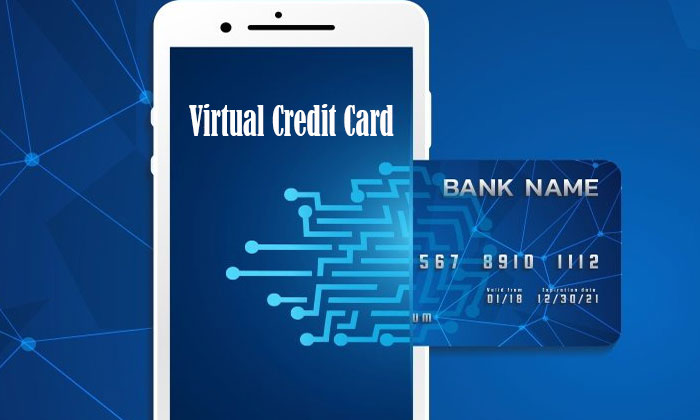
In today’s digital age, secure online transactions have become paramount for both businesses and consumers. One of the tools that has gained popularity for enhancing online payment security is the Virtual Credit Card (VCC). This article provides a comprehensive guide to VCCs, explaining what they are, their benefits, how they work, and how to use them effectively.
What is a Virtual Credit Card (VCC)?
A VCC (Virtual Credit Card) is a digital alternative to a traditional credit card. It is generated online by your bank or credit card issuer and is designed to provide a secure method for making online purchases. Unlike physical credit cards, VCCs are typically used for a single transaction or a limited number of transactions and often have a short expiration period.
Benefits of Using a VCC
- Enhanced Security: VCCs provide a layer of security by generating unique card numbers for each transaction, reducing the risk of fraud.
- Control Over Spending: Users can set spending limits and expiration dates on VCCs, providing better control over their finances.
- Privacy Protection: Using a VCC helps keep your real credit card information private, minimizing the risk of it being compromised.
- Convenience: VCCs are easy to generate and use, providing a quick solution for secure online shopping.
- Reduced Risk of Card Theft: Since VCCs are not physical, they cannot be lost or stolen in the traditional sense.
How VCCs Work
- Generation: When you need to make an online purchase, you log in to your bank or credit card issuer’s website or app and generate a VCC. This involves creating a temporary credit card number linked to your real credit card account.
- Usage: You use the VCC just like a regular credit card when making an online purchase. Enter the VCC number, expiration date, and CVV code at the checkout page.
- Transaction: The transaction amount is deducted from your real credit card account, but the merchant only sees the VCC details, not your actual credit card information.
- Expiration: VCCs typically expire after a single use, a specified period, or a predetermined number of transactions, making them useless to fraudsters after their intended purpose.
Steps to Use a VCC
- Sign In: Log in to your online banking or credit card account.
- Generate VCC: Navigate to the section for generating virtual credit cards and create a new VCC.
- Set Limits: Specify the spending limit and expiration date for the VCC.
- Use the VCC: Enter the VCC details at the online checkout page.
- Monitor Transactions: Keep track of your VCC transactions through your online banking portal to ensure everything is as expected.
Use Cases for VCCs
- Online Shopping: Use VCCs for general online purchases to protect your main credit card information.
- Subscriptions: Ideal for trial subscriptions where you might forget to cancel, preventing unauthorized charges.
- One-Time Purchases: Perfect for single-use purchases where you want added security.
- Travel Bookings: Secure your travel bookings without exposing your real credit card details.
Limitations of VCCs
- In-Person Transactions: VCCs cannot be used for physical point-of-sale transactions.
- Recurring Payments: While useful for single transactions, they may not be suitable for recurring payments unless a new VCC is generated each time.
- Acceptance: Not all merchants may accept VCCs, although this is becoming less of an issue as awareness grows.
Conclusion
Virtual Credit Cards offer a secure, convenient, and flexible solution for making online transactions. By using VCCs, consumers can protect their real credit card information, control spending, and reduce the risk of fraud. As online shopping and digital payments continue to grow, adopting VCCs can be a valuable practice for anyone looking to enhance their online security.
By understanding how VCCs work and implementing them into your online shopping habits, you can enjoy peace of mind and a safer online shopping experience.
A Comprehensive Guide to Virtual Credit Cards (VCCs)






